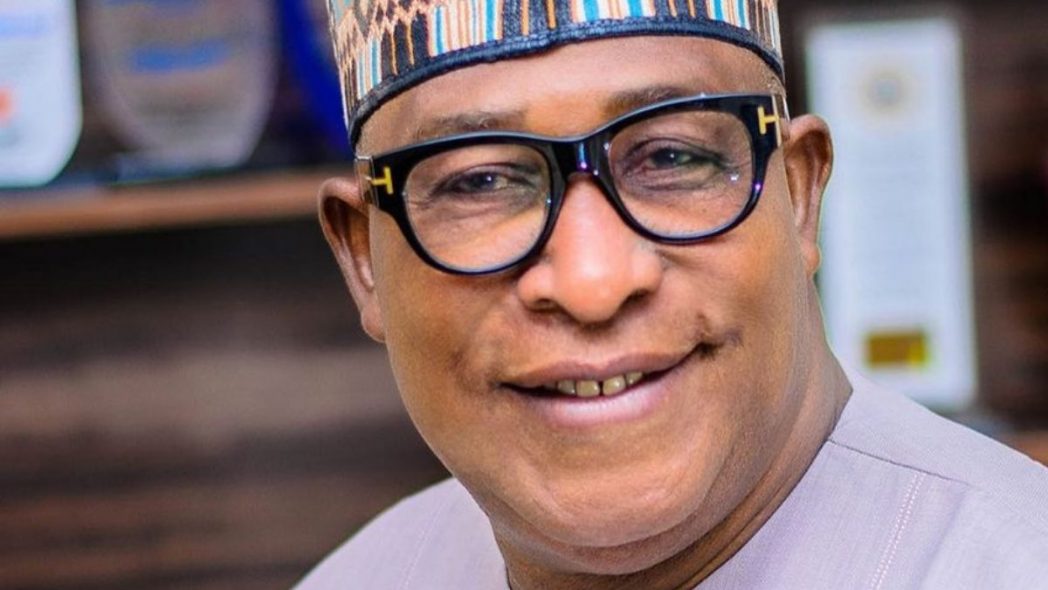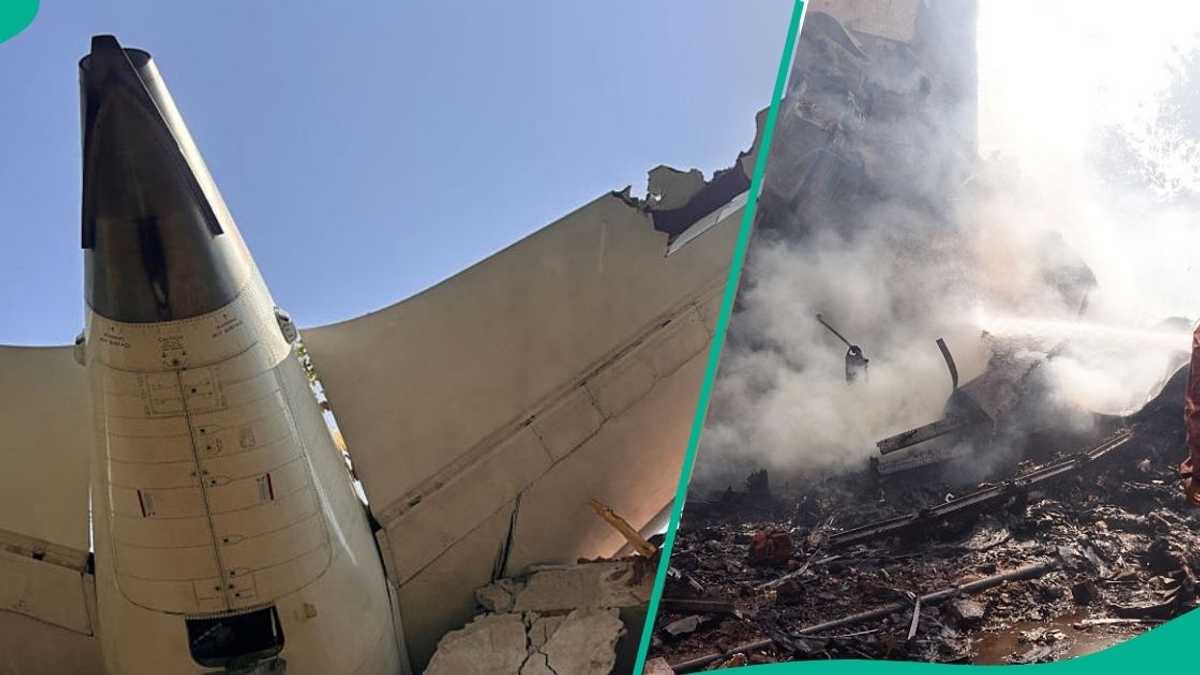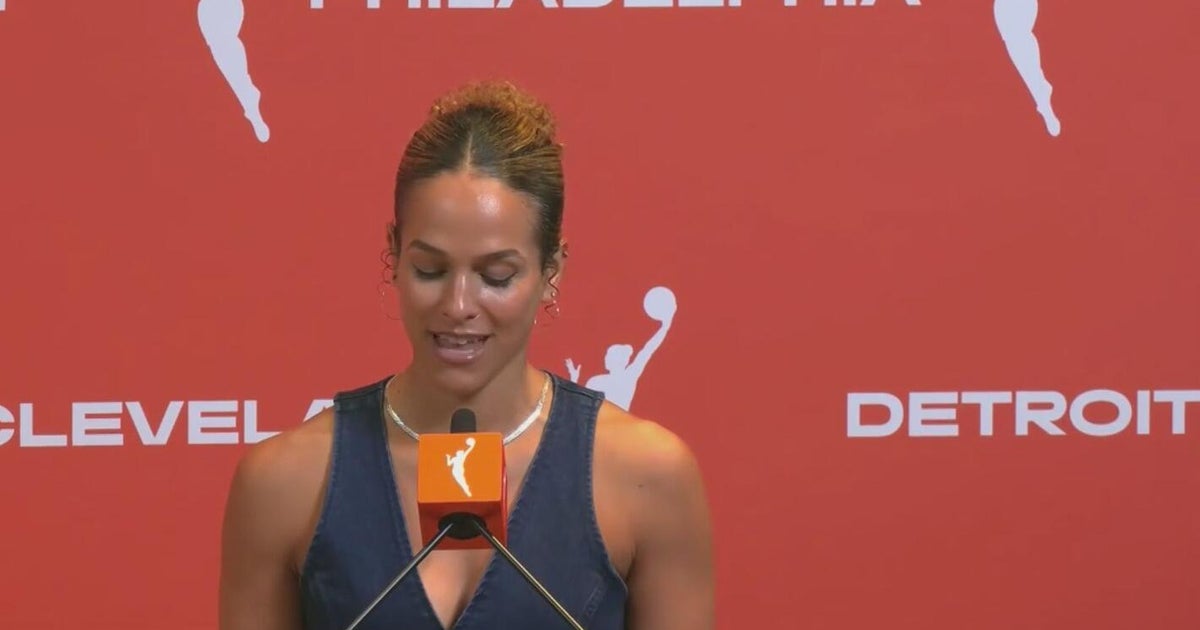WNBA Announces Expansion to Cleveland, Detroit and Philadelphia, Bringing League to 18 Teams
The WNBA announced Monday that the league is officially expanding to 18 teams, adding franchises in Cleveland, Detroit, and Philadelphia over the next five years. The move marks one of the most ambitious expansion efforts in league history, restoring teams in two former WNBA cities and planting a new flag in one of the country’s most historic basketball markets.
Pending formal approval from the WNBA and NBA Boards of Governors, the three franchises will begin play in a staggered rollout: Cleveland in 2028, Detroit in 2029, and Philadelphia in 2030. Each market was selected following an extensive evaluation of long-term ownership stability, arena and facility readiness, community support, and potential for fan engagement.
“The demand for women’s basketball has never been higher, and we are thrilled to welcome Cleveland, Detroit, and Philadelphia to the WNBA family,” WNBA Commissioner Cathy Engelbert said in a statement. “This historic expansion is a powerful reflection of our league’s extraordinary momentum, the depth of talent across the game, and the surging demand for investment in women’s professional basketball.”
The announcement continues a period of rapid growth for the WNBA. The Golden State Valkyries joined the league in 2025, and new franchises in Toronto and Portland are set to launch in 2026. When all announced teams begin play, the WNBA will have grown by six franchises in just five seasons.
Cleveland will be the first of the new cities to join the league, returning the WNBA to a market that once hosted the Cleveland Rockers from 1997 to 2003. The new franchise will be owned and operated by Rock Entertainment Group, led by Cavaliers owner Dan Gilbert.
“The WNBA’s return to Cleveland marks a pivotal moment for women’s sports,” Gilbert said. “Years from now, we will reflect on this day as a truly monumental point in Cleveland sports history.”
Gilbert, who has owned the Cavaliers since 2005, also oversees the Cleveland Charge (NBA G League) and the AHL’s Cleveland Monsters. He emphasized the significance of restoring women’s pro basketball in a city with an existing infrastructure for sports and community engagement.
Detroit, another city with deep WNBA roots, will see the league return in 2029. The Detroit Shock played in the city from 1998 to 2009, winning three championships and setting a single-game attendance record during the 2003 Finals. The new Detroit franchise will be led by Pistons owner Tom Gores, his wife Holly, and a diverse investor group.
“This is a huge win for Detroit and the WNBA,” said Gores. “Today marks the long-hoped-for return of the WNBA to a city with deep basketball roots and a championship tradition.”
Gores, Chairman and CEO of Platinum Equity, called the return of women’s basketball a “new era” for Detroit and praised the league’s commitment to expanding investment in women’s sports. He also stressed the significance of having a diverse investor base to reflect the city’s identity and values.
Philadelphia, long considered one of the great basketball cities in the world, will receive its first-ever WNBA franchise in 2030. The team will be owned and operated by Harris Blitzer Sports & Entertainment, the group behind the NBA’s Philadelphia 76ers and NHL’s New Jersey Devils.
“Philadelphia is one of the most storied basketball cities in the world… it’s only right that this city gets the WNBA team it deserves,” said HBSE co-founder Josh Harris. “We’re humbled to help usher in a new era of Philadelphia basketball.”
The Philadelphia ownership group includes David Blitzer, David Adelman, and Brian Roberts, and the franchise is expected to receive backing from Comcast as well as city and state leaders, including Governor Josh Shapiro and Mayor Cherelle Parker. The move brings women’s pro basketball to a region that has long been a hotbed for elite players and college programs.
With Cleveland, Detroit, and Philadelphia now on the roadmap, the WNBA continues to ride a wave of popularity marked by record-breaking attendance, television ratings, and growing corporate investment.
“Each of these cities brings something powerful to the WNBA,” Engelbert said. “We are confident that these new teams will reshape the landscape of women’s basketball.”
The league’s growth trajectory shows no signs of slowing down, and with a strong foundation of leadership and ownership, the WNBA appears poised for a transformational next decade.











